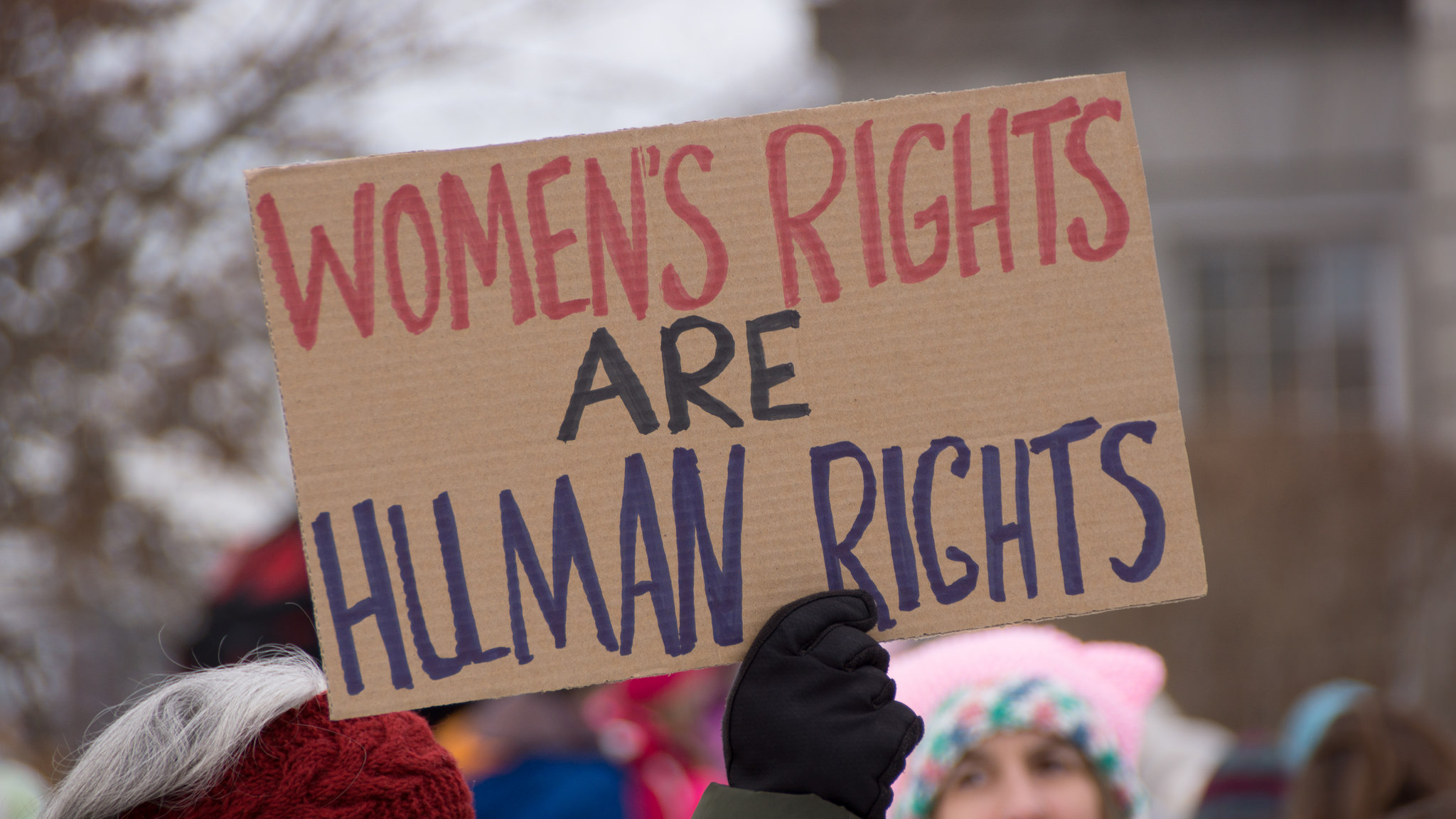HB 40: Saving Abortion Access in Illinois
 https://flic.kr/p/Rfw5T2
https://flic.kr/p/Rfw5T2
Last week, Illinois Governor Bruce Rauner signed House Bill 40 into law. HB 40 expands public funding for abortions to those covered under Medicaid and state health care plans. HB 40 also removes language from Illinois law that would criminalize abortion if Roe v. Wade were to be overturned in the federal government.
Signing HB 40 into law has effects beyond Illinois. The state has long been upheld as an “abortion oasis” in the Midwest due to strict regulations in surrounding states: Indiana prohibits abortions after 20 weeks, Minnesota prohibits abortions after 24 weeks and Wisconsin, Missouri and Michigan all have mandatory counseling requirements before getting late-term abortions. Illinois health data reports that 3,000 women come from out of state every year to get abortions, which make up about 13% of all abortions in Illinois every year. This means that women across the Midwest make use of Illinois’ comparatively easy access to abortion and that it needs to remain an abortion haven in the Midwest.
Even beyond the Midwest, Illinois is only the 16th state to expand public funding for abortions through Medicaid. More importantly, it is the first state in the entire nation to do this through the democratic process and not a judicial ruling or health department decision.
Rauner passing HB 40 comes as a surprise, because although Rauner ran as supporting abortion rights in 2014, last April he flip-flopped and said he would veto the bill. Politically, this was a risky move for Rauner, who is up for reelection next year. State representative Bill Mitchell (R) commented: “To say I’m disappointed in Governor Rauner is an understatement. Using taxpayer dollars to pay for abortion is, in my opinion, immoral.” The conservative publication National Review called the decision “ignominious.” The decision clearly angered the Republican base that Rauner is counting on in the upcoming election. On the other hand, Rauner did garner support from many pro-choice groups following the signing of HB 40 and also appealed to the large cohort of moderate conservatives in Illinois, particularly moderate suburban women. Obtaining the votes of this group could be a big benefit to Rauner in 2018.
Many of Rauner’s opponents have maintained that Rauner is not actually doing this for a moral reason, but instead for political gain. Rauner has a history of not supporting low-income Illinoisans, particularly in his long-standing refusal to pass a budget to fund Chicago Public Schools and end its constant cycle of under-funding (he finally signed a funding-formula into law in August). Nevertheless, it is refreshing to see Rauner stand with low-income women and ensure that one’s income will not affect one’s ability to get an abortion in Illinois. Regardless of the reasons behind why Rauner signed HB 40, it is most important that Illinois remain at the forefront of championing reproductive and women’s rights.
Edited by Benjamin Aloi
